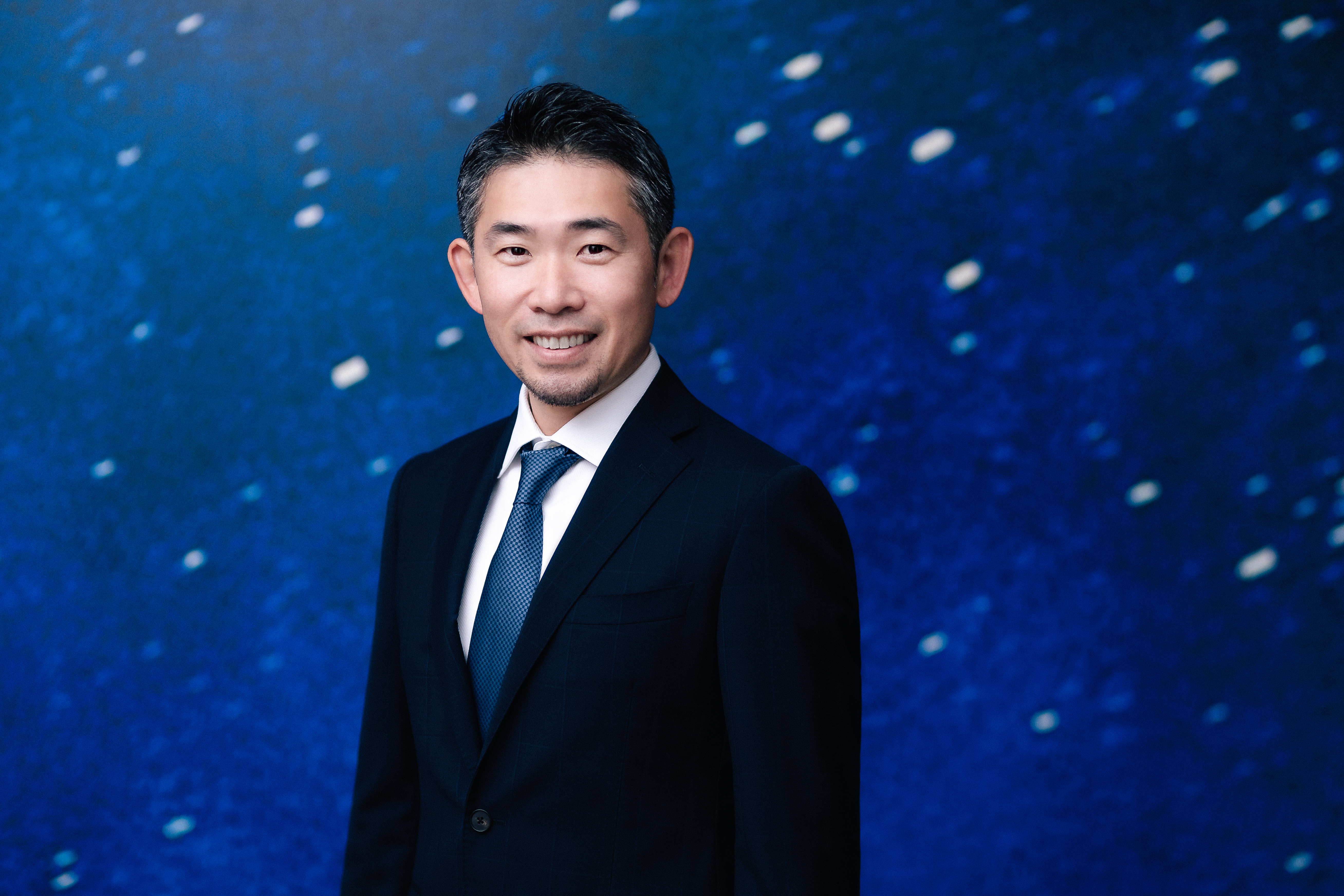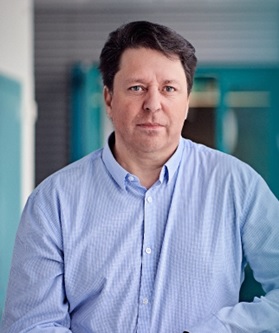Keynote Speakers at ICCCN 2025
Monday, August 4, 2025
Keynote Talk:
Title: "Building the Next-Generation Social Infrastructure through AI-RAN and 6G Innovations"
Speaker: Mr. Ryuji Wakikawa, AI-RAN, Softbank, Japan
Abstract: This presentation explores the future of mobile networks and societal infrastructure driven by AI-RAN (Artificial Intelligence Radio Access Network) and cutting-edge technologies toward 6G realization. AI-RAN represents a transformative fusion of AI and radio access networks, enabling enhanced network performance, new business models for mobile carriers, and decentralized edge AI computing for industries. We will introduce SoftBank's pioneering initiatives in AI-RAN technology development and discuss broader innovations shaping the path to 6G, including Terahertz communications, Radio Wave Sensing, and HAPS (High Altitude Platform Stations).
Biography:

Tuesday, August 5, 2025
Keynote Talk:
Title: "The Future of Connectivity: The Interplay of Resilience, Sustainability, and Efficiency in 6G"
Speaker: Prof. Matti Latva-aho, Director for 6G Flagship, University of Oulu, Finland
Abstract: As mobile technologies increasingly support critical societal functions such as telemedicine, autonomous vehicles, and emergency services, the demand for advanced and reliable wireless systems continues to grow. However, this progress brings significant challenges, including the need for greater transmission capacity, sustainable development, and resilience in a world that is becoming more dependent on continuous network access. Interruptions to wireless networks caused by scheduled maintenance, natural disasters, cyberattacks, power failures, or acts of vandalism underscore the importance of designing systems that are not only high performing but also robust and adaptable.
This keynote explores the transformative potential of next generation wireless technologies in addressing these pressing issues. Drawing on Finland’s globally recognized leadership in 6G research, it highlights key innovations and outlines strategic directions for 6G and future wireless systems. The presentation introduces a forward looking research agenda that aligns with the United Nations Sustainable Development Goals, with a strong emphasis on network resilience. Central themes include the development of architectures that can withstand and recover from disruptions, the use of artificial intelligence to optimize network performance, and the improvement of energy efficiency. Together, these priorities form a comprehensive approach that balances resilience, efficiency, and sustainability.
A fundamental shift is required in how wireless technologies are developed and standardized. Resilience must become a core principle alongside efficiency to effectively reduce vulnerability and ensure a sustainable, secure, and resilient digital future.
Biography:

Wednesday, August 6, 2025
Keynote Talk:
Title: "Revolutionizing Datacenter Networks via Reconfigurable Topologies"
Speaker: Prof. Stefan Schmid, TU Berlin
Abstract: With the popularity of cloud computing and data-intensive applications such as machine learning, datacenter networks have become a critical infrastructure for our digital society. Given the explosive growth of datacenter traffic and the slowdown of Moore’s law, significant efforts have been made to improve datacenter network performance over the last decade. A particularly innovative solution is reconfigurable datacenter networks (RDCNs): datacenter networks whose topologies dynamically change over time, in either a demand-oblivious or a demand-aware manner. Such dynamic topologies are enabled by recent optical switching technologies and stand in stark contrast to state-of-the-art datacenter network topologies, which are fixed and oblivious to the actual traffic demand. In particular, reconfigurable demand-aware and “self-adjusting” datacenter networks are motivated empirically by the significant spatial and temporal structures observed in datacenter communication traffic. This talk presents an overview of reconfigurable datacenter networks. In particular, we discuss the motivation for such reconfigurable architectures, review the technological enablers, and present a taxonomy that classifies the design space into two dimensions: static vs. dynamic and demand-oblivious vs. demand-aware. We further present a formal model and discuss related research challenges.
This talk is based on our recent Communications of the ACM article, which also includes video interviews with three leading experts, Manya Ghobadi, Amin Vahdat, and George Papen, share with us their perspectives on reconfigurable datacenter networks: https://schmiste.github.io/cacm25.pdf
Biography:



